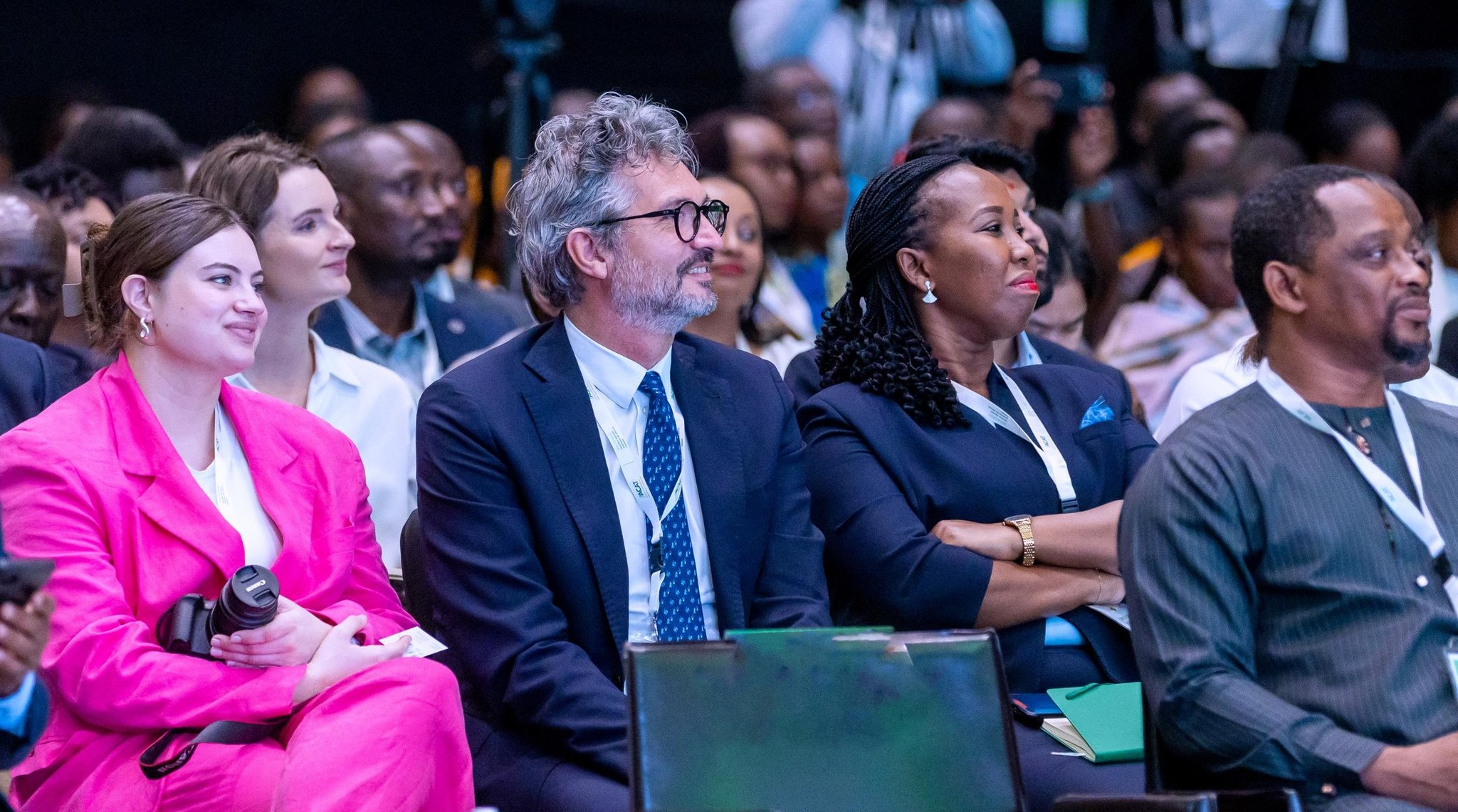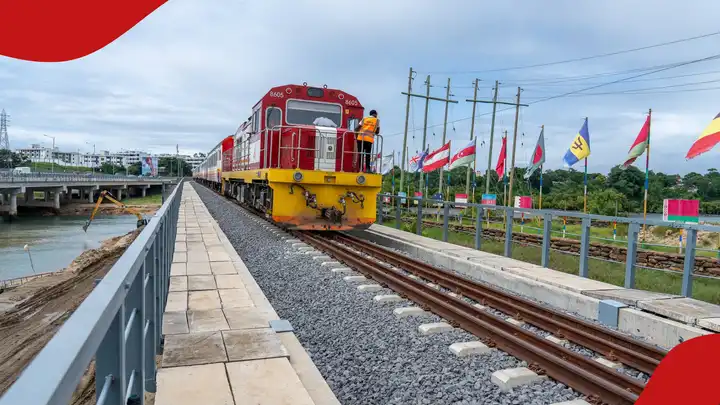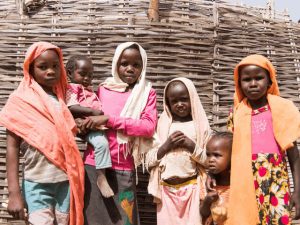A four-day forum that was convened in Kigali to scrutinise the adoption of technology in agriculture has made a raft of measures to resuscitate the sector.
In a joint communique following the conclusion of the second edition of the African Conference on Agricultural Technologies (ACAT), delegates said there is a need to scale up resources to advance technology in agriculture.
“We welcome the resolutions of the ministerial dialogue, chaired by Rwanda Agriculture minister Mark Bagabe, which emphasised enhanced public budget allocations towards agritech-related rural infrastructure development and agricultural training at public universities,” it said.
The conference was held at Kigali Convention Centre from June 9 to 12 . It was themed “NextGen Ag-Tech Solutions for Africa’s Farmers”.
It explored promising opportunities for driving agricultural transformation and paying special attention to innovative solutions tailored to the needs of African smallholder farmers.
The conference brought together more than 800 participants from at least 35 countries.
It featured four high-level plenaries, four technical interactive panels, five strategic dialogues on agricultural technology in Africa, eight live demonstrations of technologies that can be scaled and 27 exhibition of technologies.
During the conference, delegates agreed to catalyse and foster multi-sectoral collaboration to drive participatory and co-creation initiatives between the public sector, research institutions, civil society, the private sector and farming communities.
They also agreed to a regional harmonisation and alignment of national aspirations with continental blueprints and creating an enabling environment to drive agricultural technology commercialisation.
The delegates pledged to ensure equitable access to agro-inputs and climate-smart innovations, adequate extension and long-term food security.
They advocated development of youth-friendly policies and urged governments and partners to invest in youth-focused agri-innovations and enable their access to finances and knowledge sharing from researchers.
They committed to fostering networking, mentorship and investments in African institutions that offer internships, skill coaching and youth mentorship. They will develop an intentional action plan for elimination of challenges in the last-mile delivery of agricultural technologies to young farmers.
They committed to explore transparent frameworks for respectful and fair integration of traditional technical knowledge in soil fertility improvement, pest control and climate prediction into formal research and development systems that address questions of ethics, intellectual property, benefit-sharing and data sovereignty for farmers, women and youth.
The delegates also noted that intellectual property protection, when managed ethically and equitably, is an enabler and not a hindrance to innovation.
They encouraged the promotion of inclusive, open-source licensing models for plant materials to democratise access and foster collaboration among farmers and researchers.
“We reiterate that no entity can drive sustainable agricultural transformation in Africa and therefore encourage the establishment of long-lasting partnerships that are grounded in mutual interest and trust and are capable of scaling proven innovations and driving real transformation for smallholder farmers across Africa.”
The next conference will be held in Nairobi in 2027.
by GILBERT KOECH













